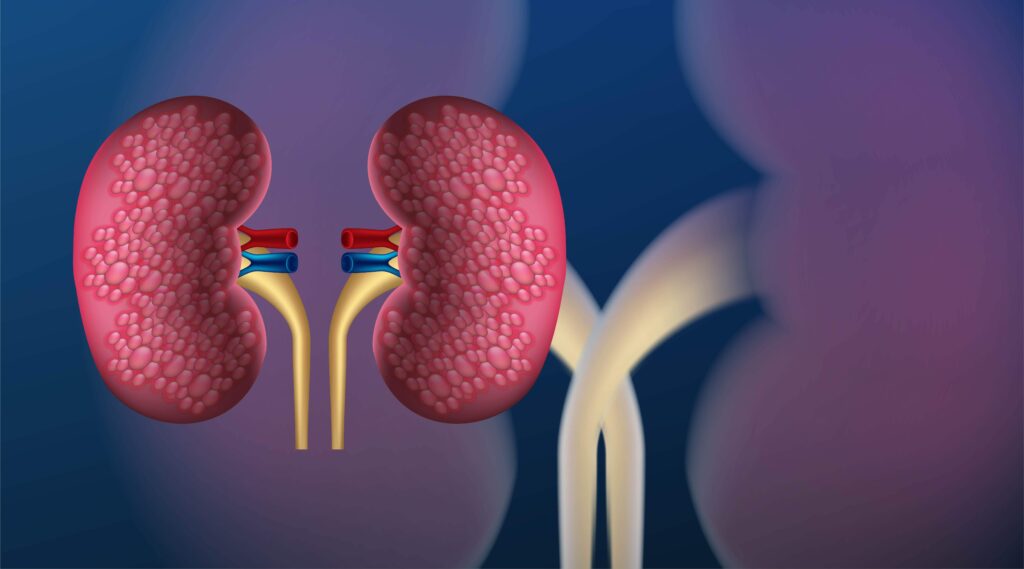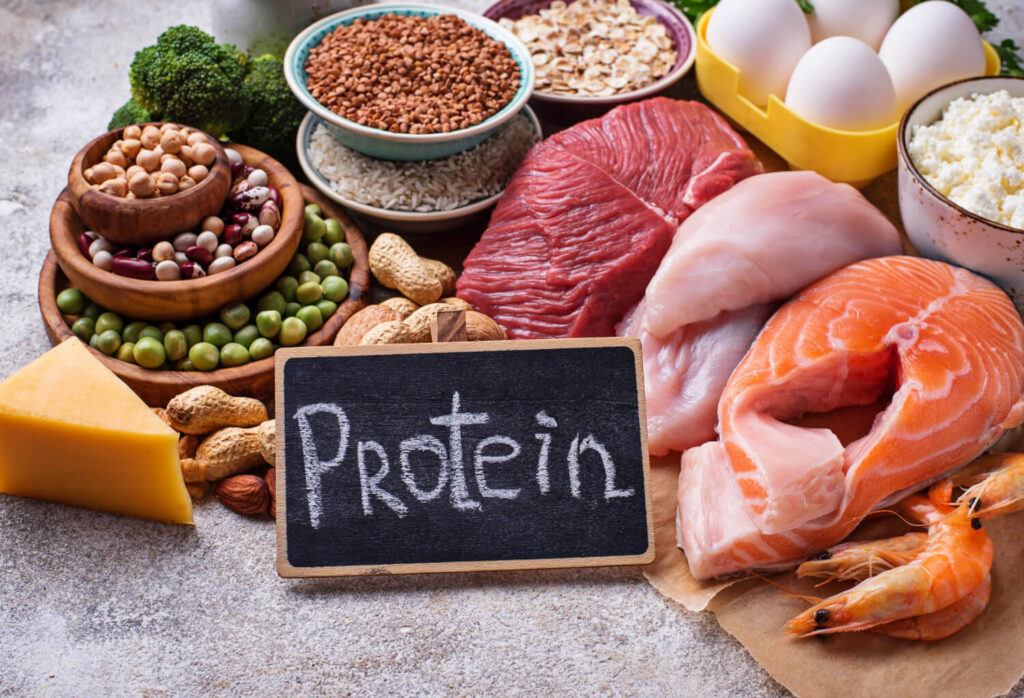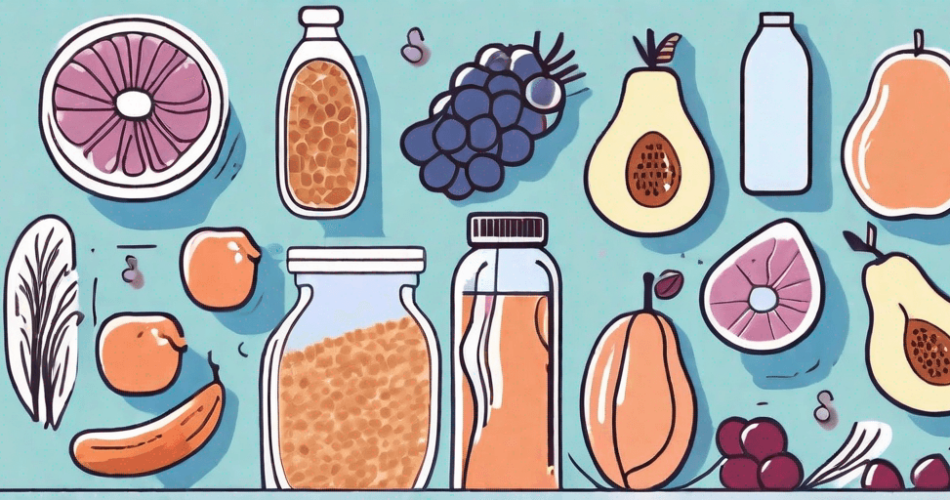Understanding kidney stones and the factors that contribute to their formation is crucial in preventing their occurrence. It is a painful and debilitating condition that affects many individuals. That’s why learning more about kidney stones, how to prevent, and other factors are crucial. Thus, patients can prepare and perform prevention steps early on.
In this article, we will explore the effective ways to get rid of kidney stones. These steps may still vary depending on the situation of the patient. That’s why a guidance from a health expert is still important before adopting these changes. Let’s begin!
What are Kidney Stones

Kidney stones are often composed of substances such as calcium, oxalate, and uric acid. These substances can crystalize and accumulate in the kidneys, leading to the formation of stones. They can vary in size and shape, ranging from as small as a grain of sand to as large as a golf ball.
With its formation, it can also cause extreme pain as they pass through the urinary tract. Kidney stones can remain in the kidney or move down the ureter, the tube connecting the kidneys to the bladder. Usually, this formation also blocks the flow of urine, resulting in severe pain and discomfort.
That’s why learning about kidney stones, how to prevent its further formation, and understanding the effective intervention steps should be the patient’s priority. Doing so will help them manage the condition before it leads to progression and more severe pain.
Causes and Risk Factors of Kidney Stones
While dehydration is a common cause of kidney stone formation, it is important to note that other factors can also contribute to their development. For example, dietary factors play a significant role in the formation of kidney stones. Consuming excessive amounts of foods high in oxalate, such as spinach and chocolate, can increase the concentration of oxalate in the urine, making it more likely for kidney stones to form. Additionally, being on a high-protein diet can increase the risk of stone formation due to the increased excretion of calcium in the urine.
Another important factor to consider is a person’s family history. If an individual has a family history of kidney stones, they may be more susceptible to developing them. This can be attributed to genetic factors that influence the metabolism of substances involved in stone formation.
Furthermore, certain medical conditions can predispose individuals to kidney stones. Urinary tract infections, for example, can create an environment conducive to stone formation. The presence of bacteria in the urinary tract can lead to the formation of struvite stones, which are composed of magnesium, ammonium, and phosphate. Metabolic disorders, such as hyperparathyroidism or cystinuria, can also increase the risk of kidney stone formation.
It is also worth noting that certain medications can contribute to the likelihood of developing kidney stones. Diuretics, commonly prescribed to treat conditions such as high blood pressure, can increase urine production and potentially lead to the formation of stones. Similarly, certain antacids that contain calcium can increase the excretion of calcium in the urine, increasing the risk of stone formation.
Understanding the causes and risk factors associated with kidney stones is crucial in their prevention and management. By addressing these factors, individuals can take proactive steps to reduce their risk of developing kidney stones and improve their overall urinary health.
Lifestyle Changes for Kidney Stone Prevention

Adopting specific lifestyle changes can play a significant role in preventing the formation of kidney stones. These changes include:
Importance of Hydration
One of the most crucial steps in preventing kidney stones is maintaining adequate hydration. Drinking enough water throughout the day helps dilute the urine, reducing the risk of stone formation. Aim to drink at least 8-12 cups of water daily, or more if you engage in activities that cause excessive sweating.
In addition to water, other fluids like herbal teas and fruit juices can contribute to your daily hydration needs. However, it’s important to limit the consumption of caffeinated beverages and alcohol, as they can increase the risk of dehydration.
Furthermore, incorporating foods with high water content into your diet can also contribute to hydration. Fruits such as watermelon, strawberries, and oranges, as well as vegetables like cucumbers and lettuce, are excellent choices to help you stay hydrated.
Regular Exercise and Kidney Health
Regular physical activity can promote kidney health and reduce the risk of stone formation. Exercise helps maintain a healthy weight, regulates blood pressure, and enhances overall kidney function. Engage in activities such as walking, jogging, or swimming for at least 30 minutes a day, most days of the week.
In addition to these cardiovascular exercises, incorporating strength training into your routine can also be beneficial for kidney health. Strength training exercises, such as lifting weights or using resistance bands, can help improve muscle strength and promote overall kidney function.
Furthermore, practicing yoga or other forms of low-impact exercises can help improve flexibility and reduce stress levels, which can indirectly benefit kidney health.
Maintaining a Healthy Weight
Obesity and overweight can increase the risk of kidney stone formation. It is essential to maintain a healthy weight through a balanced diet and regular physical activity. Aim to consume a diet rich in fruits, vegetables, whole grains, and lean proteins while limiting processed foods and sugary beverages.
In addition to making healthy food choices, portion control is also crucial for maintaining a healthy weight. Pay attention to your serving sizes and try to avoid overeating.
Furthermore, it’s important to note that crash diets or extreme weight loss methods can increase the risk of kidney stone formation. Instead, focus on making sustainable lifestyle changes that promote gradual and healthy weight loss.
Lastly, seeking guidance from a registered dietitian or nutritionist can be beneficial in developing a personalized meal plan that supports kidney health and weight management.
Dietary Tips to Prevent Kidney Stones

In addition to lifestyle changes, dietary modifications can help in preventing the formation of kidney stones. Consider the following tips:
Kidney stones can be a painful and debilitating condition, but with the right dietary choices, you can reduce your risk of developing them. Incorporating certain foods into your diet and avoiding others can make a significant difference in preventing the formation of kidney stones.
Foods to Include in Your Diet
Incorporate the following foods into your diet as they can help reduce the risk of kidney stone formation:
- Low-oxalate foods: Include foods low in oxalate, such as cabbage, broccoli, and grapes. These foods are not only delicious but also contain low levels of oxalate, a compound that can contribute to the formation of kidney stones. By incorporating these foods into your diet, you can help reduce the risk of stone formation.
- Citrus fruits: Citrus fruits, such as oranges and lemons, are rich in citrates, which can help prevent the formation of certain types of kidney stones. Citrates work by binding to calcium in the urine, preventing it from crystallizing and forming stones. Enjoying a glass of freshly squeezed orange juice or adding lemon slices to your water can be a refreshing way to incorporate these beneficial fruits into your diet.
- Calcium-rich foods: Contrary to popular belief, consuming adequate amounts of calcium can actually reduce the risk of kidney stones. Opt for low-fat dairy products or other calcium-rich foods like tofu and almonds. Calcium binds to oxalate in the intestines, preventing it from being absorbed into the bloodstream and reducing the amount that can contribute to stone formation. So, don’t shy away from including these nutritious foods in your diet.
- Fluids: Increase your fluid intake by consuming water, herbal teas, and fresh fruit juices. Staying hydrated is crucial in preventing kidney stones as it helps dilute the urine and flush out any potential stone-forming substances. Aim to drink at least 8 glasses of water per day and consider incorporating herbal teas and fresh fruit juices for added hydration and flavor.
Foods to Avoid
Avoid or limit the intake of the following foods to minimize the risk of kidney stone formation:
- Oxalate-rich foods: Foods high in oxalate, such as spinach, beets, and chocolate, should be consumed in moderation. While these foods can be part of a healthy diet, consuming them in excess can increase the risk of developing kidney stones. It’s important to strike a balance and enjoy these foods in moderation.
- Sodium: Reduce your sodium intake by avoiding processed foods, canned soups, and fast food. High sodium intake can lead to increased calcium excretion in the urine, which can contribute to the formation of kidney stones. Opt for fresh, whole foods and season your meals with herbs and spices instead of salt to reduce your sodium intake.
- Animal protein: Limit your consumption of red meat, organ meats, and shellfish, as they can increase the risk of stone formation. Animal protein can increase the excretion of calcium and uric acid in the urine, both of which can contribute to the formation of kidney stones. Consider incorporating plant-based protein sources like legumes, tofu, and quinoa into your diet as a healthier alternative.
- Sugary beverages: Avoid sugary sodas and energy drinks, as they can contribute to stone formation. These beverages are often high in fructose, which can increase the excretion of calcium and oxalate in the urine. Opt for water, herbal teas, or freshly squeezed juices as healthier alternatives to quench your thirst.
The Role of Medication in Preventing Kidney Stones
Medications can help modify the composition of urine and inhibit the formation of crystals that can lead to kidney stones. However, it’s important to consult with a healthcare professional before starting any new supplements to ensure they are appropriate for your specific needs.
Usually, prescribed medication might be necessary for certain individuals. Depending on the type of kidney stone and underlying causes, your healthcare provider may recommend the following medications:
Over-the-counter Medications
Over-the-counter medications, such as nonsteroidal anti-inflammatory drugs (NSAIDs), can help relieve pain associated with kidney stones. They can also aid in the passage of smaller stones through the urinary tract.
Prescription Medications
In some cases, prescription medications may be necessary to prevent the recurrence of kidney stones. These medications can help in regulating specific substances in the urine that may contribute to stone formation. Your healthcare provider will determine the appropriate medication based on the type and composition of your kidney stones.
Conclusion
Preventing kidney stones is a long-term commitment. Along with lifestyle changes and medication, consider the following strategies for long-term management of kidney health:
It is crucial to regularly visit your healthcare provider for check-ups and tests. They can monitor your kidney function, assess your risk of stone formation, and make any necessary adjustments to your treatment plan. Thus, helping you learn about kidney stones, how to prevent its progression, and perform intervention steps for overall wellness.
Choose your kidney’s health by booking an online consultation with a urologist!
Kidney Stone Prevention Quiz
Test your knowledge about preventing kidney stones
Quiz Complete!
Great effort! Keep learning about kidney stone prevention.



